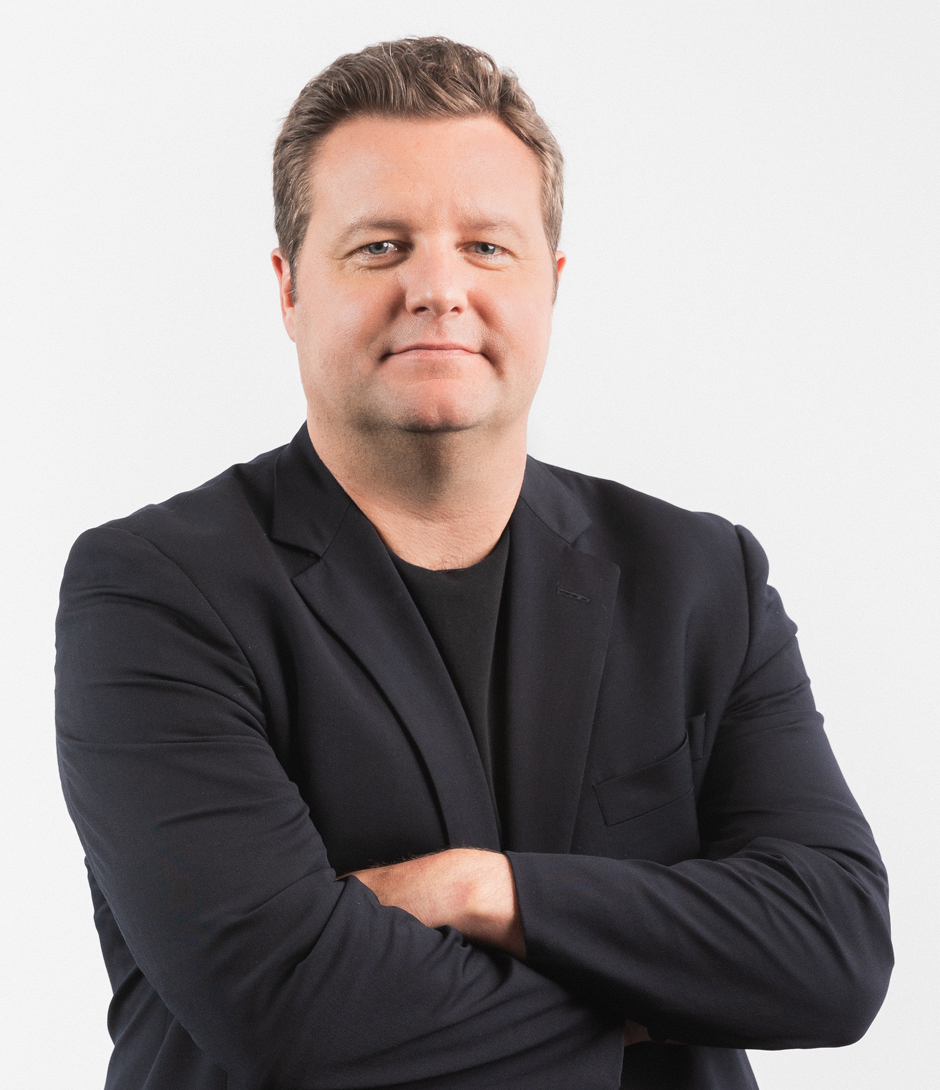What about the idea of being dataful excited you?
John’s a catalyst for a change in how we think about experience and the design of experiences, shifts from being purely research-driven to data-driven: from point-in-time insights from primary and secondary data to real-time insights driven by first- and second-party data combined with deep analytics. What this does is create a feedback loop that allows clients to test and learn much more rapidly, around the creative product, customer experience, the actual end products themselves, and, importantly, the changing nature of customer needs that could surface new product innovation and business models.
That's exciting because we're being innovative. We're trying out something new. We're leading our clients. I think if you went with the prior approach, unless you've got a great creative idea, narrative or design, it's not a different way of doing things from many of our competitors. It's not going to lead clients that much. When we bought Studio Archetype and married it with our engineering legacy, it was revolutionary. We were the first to do that and many followed afterwards. I see this evolution in much the same way. We will be the first to make this leap.
How does being dataful connect to your work in Strategy & Consulting?
In Strategy & Consulting, we orient our work around value identification. We have been adding management consultants from firms like McKinsey, BCG and Bain to the team who are trained to be data-led in their approach to value identification and connecting their skillset to our specialized strategists and capabilities across the business.
In the context of Strategy & Consulting, being dataful means using data to identify customer and business value. It allows us to more rapidly test and evolve our hypotheses on key value drivers for our clients’ businesses and provide data-led perspectives on how to prioritize choices to maximize overall return.
The other thing we're doing with strategy is we're really going to reinvigorate what we're doing around research and how we collect data to help support all the strategy work we do.
How will you be innovating original research?
Francis Walton [Head of research and strategy at Publicis Sapient] brought together this vision of where we want to go, which I'm excited about. He has a couple different ideas to it and one is, let's update how we do it. Historically, it was akin to traditional ethnographic research, where we go interview a bunch of people, get a prototype and test what we're doing. It's been around for a long time. One of the elements of what he's done is, there are a lot of companies you can partner with that, going back to the other theme of being dataful, if you want to do a custom piece of research, you can do it in 30 minutes online. So you can come up with original research rapidly at low cost.
The other idea that I really pushed him toward is, let's unify everyone to align to one vision for how we're going to do business research, experience research, whatever kind of research, so it's all integrated together, and have everyone drive toward that globally. This will make it easier both internally and externally to understand how research fits into our digital business transformation work.










